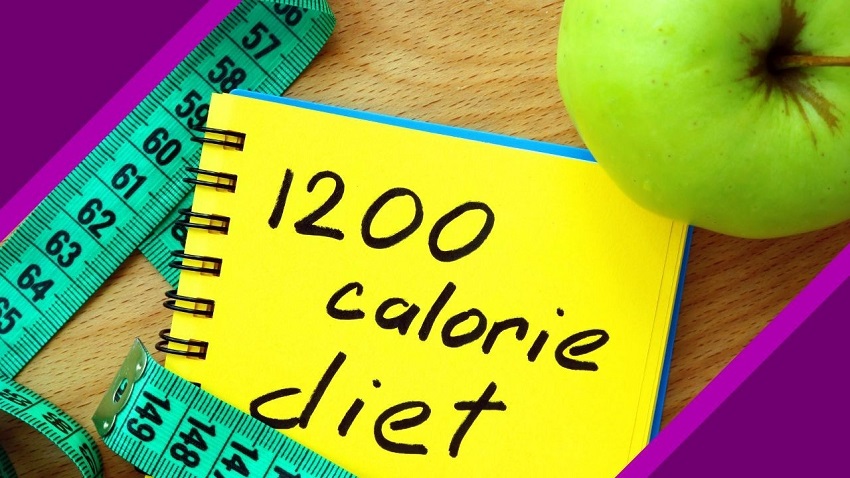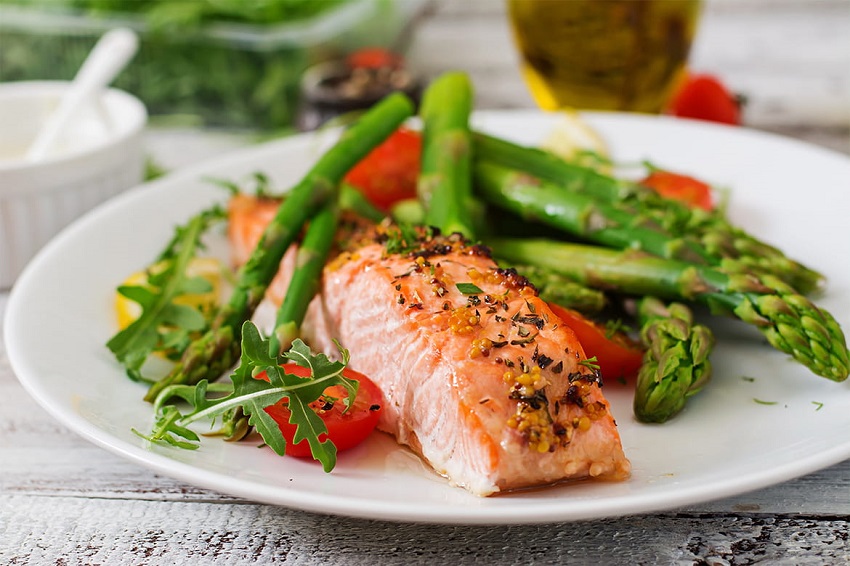
27 Aug Is a 1200-Calorie Diet Too Low? Exploring the Pros and Cons
When it comes to weight loss, there’s a plethora of diets to choose from, each claiming to be the ultimate solution. One such diet that has gained attention is the 1200-calorie diet. But is this calorie-restricted approach really effective and safe? In this article, we’re going to delve into the world of the 1200-calorie diet, exploring its potential benefits and drawbacks. Let’s get started. This article is presented by Samathi4life.com.
Understanding the 1200-Calorie Diet
The 1200-calorie diet, as the name suggests, involves restricting your daily caloric intake to 1200 calories. It’s often considered a low-calorie diet and is typically recommended for individuals aiming to lose weight. The idea behind this diet is simple: by consuming fewer calories than your body burns, you create a calorie deficit. The diets low in calories can lead to weight loss over time.
The Pros of a 1200-Calorie Diet
- Effective Weight Loss: One of the primary benefits of the 1200-calorie diet is its potential for weight loss. When executed properly, this calorie deficit can lead to shedding pounds.
- Structured Eating: Following a specific calorie limit provides structure to your eating habits. It encourages you to make mindful choices about the foods you consume.
- Quick Results: Due to the significant calorie restriction, some individuals may experience relatively quick initial results, which can be motivating.
- Portion Control: The diet necessitates careful consideration of portion sizes, helping you develop healthier eating habits and better control over your meals.
The Cons of a 1200-Calorie Diet
- Nutrient Deficiency: Severely restricting calories can lead to inadequate intake of essential nutrients, potentially causing deficiencies and health issues.
- Metabolic Adaptation: Prolonged calorie restriction can cause your metabolism to slow down, making it harder to lose weight and easier to regain it once you resume a regular diet.
- Muscle Loss: Insufficient caloric intake can lead to muscle loss, which is undesirable for those aiming to achieve a toned physique.
- Energy and Mood Issues: Drastically reducing calories may result in low energy levels, fatigue, irritability, and difficulty concentrating. Discover ARE VEGAN DIETS HEALTHY?
Striking a Balance: Is 1200 Calories Right for You?
The suitability of a 1200-calorie diet depends on various factors, including your current weight, activity level, and overall health. Consulting a healthcare professional or registered dietitian before embarking on such a diet is crucial to ensure it aligns with your individual needs and goals.
FAQs About the 1200-Calorie Diet
- Is a 1200-calorie diet safe for everyone?
While it might work for some, it’s not suitable for everyone. Individuals with specific health conditions or high activity levels may need more calories to function properly.
- Can I lose weight faster by further reducing my calorie intake?
Extreme calorie restriction is not sustainable and can be harmful. It’s better to focus on a balanced and moderate approach to weight loss.
- Are there specific foods I should avoid on a 1200-calorie diet?
Rather than fixating on specific foods, prioritize nutrient-dense options to ensure you’re getting the essential vitamins and minerals your body needs.
- How can I prevent muscle loss on this diet?
Incorporate regular strength training exercises and ensure you’re consuming an adequate amount of protein to help preserve muscle mass.
- What’s a better alternative to the 1200-calorie diet?
Instead of fixating on calorie counts, opt for a well-rounded diet that includes a variety of whole foods, lean proteins, healthy fats, and complex carbohydrates.
In Conclusion
The 1200-calorie diet can be an effective approach for weight loss, but it’s essential to consider both its benefits and drawbacks. Striking a balance between calorie reduction and nutrient intake is key to ensuring your overall health and well-being. Before making any significant dietary changes, it’s always advisable to consult with a healthcare professional to determine the best approach for your individual needs.


No Comments